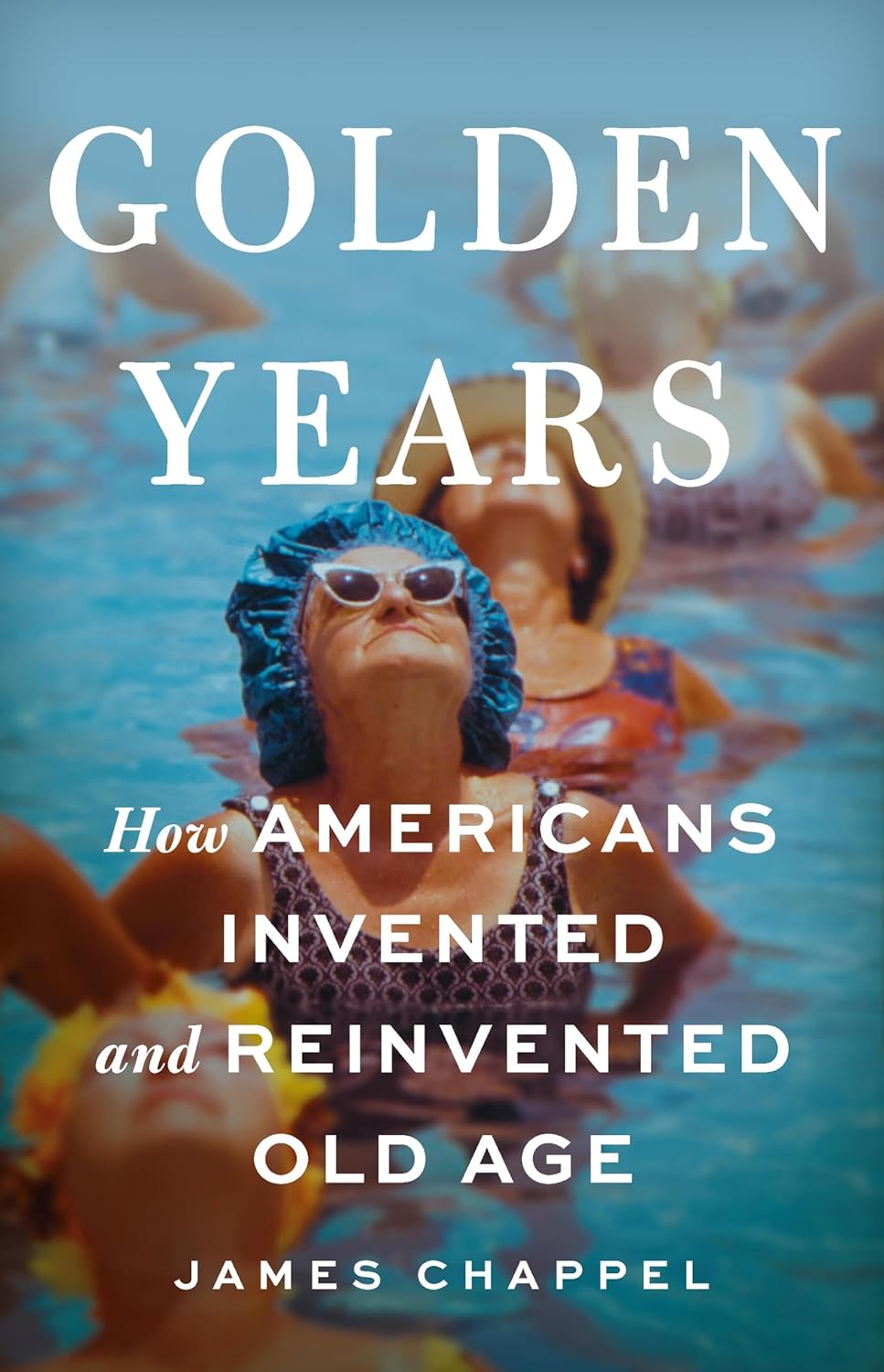Histories of pension legislation rarely thrill, but Chappel is excellent on the radical, doomed attempts, in the 1880s and after, to repair lives damaged by war and chattel slavery. The long discourse on old-age support was sophisticated, the politics deadlocked. Social Security offered a moderate New Deal compromise, the least worst solution. “Beginning with the 1935 passage of the Social Security Act,” Chappel writes, “Americans were sold an idea of old age.” Yet millions were sidelined from the start, Black people especially, since agricultural and domestic workers were ineligible. Social Security was designed for the industrial working class, firmly aimed at white men with few needs and plenty of family (meaning female) help, and framed as a way to keep younger relatives off the hook. The model, always, was a three-legged stool: government stipend, private savings, employer pensions. Dignified old age was an agreeable byproduct. Yet once checks flowed, recipients grew restless. Chappel writes,
They wanted full participation in the life of the nation. They would need health, and they would need things to do: senior centers, golf courses, and more. And they didn’t want to be called “the aged” anymore either. That term was stigmatizing by design. They wanted a name that would signal their desire to belong to the American experiment in the fullest sense. The aged were no more. Now they were senior citizens.
And from the ’40s to the ’70s, they ruled. Old-age security, next to military might, became public policy’s central preoccupation, capped by the 1965 passage of Medicare and Medicaid. As free-market government and employers briskly offloaded responsibility, the IRA and the 401(k) appeared, and retirement was marketed, aggressively, as a genuine stage of life.
Now the term of art is “older people,” a designation so baggy, it’s meaningless: Over 65? Over 55? Over 50? And the answer to “who speaks for the old?” is, increasingly, no one. Even the vaunted AARP, Chappel tartly notes, is more interested in selling private sector products than pressuring government. The idea of independent old age is fully accepted—hospice, senior clubs, senior transport, a bubble of protection—but in practice, retirement age is rising and the policy effort backsliding, even as other countries enjoy coherent frameworks of care.
